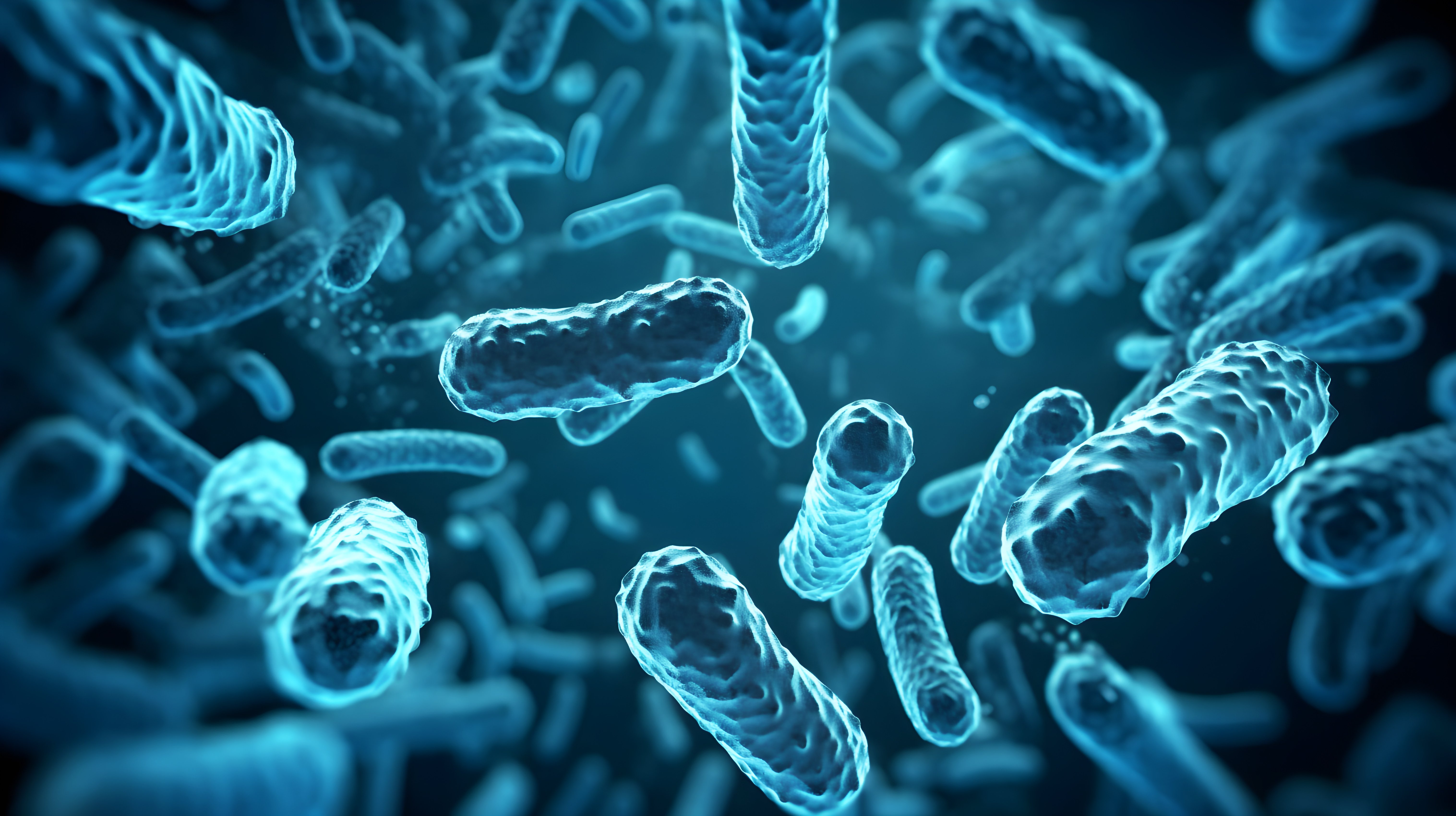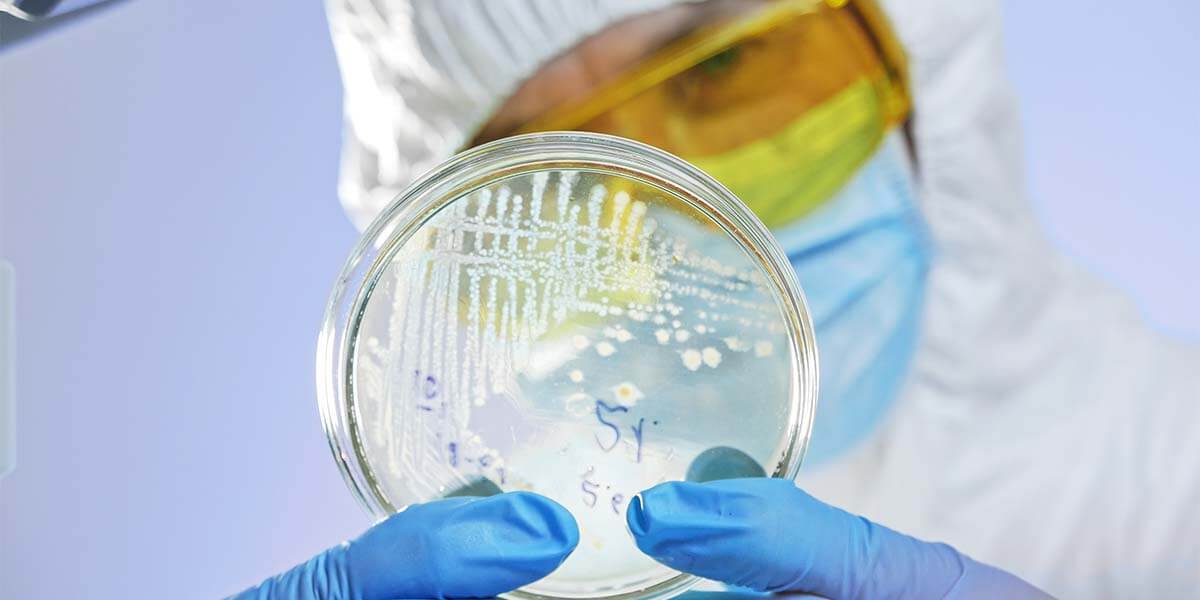What is the link between Legionnaires' Disease and Pneumonia
Legionnaires’ disease is a severe form of pneumonia, but what exactly is pneumonia?
Pneumonia is the name given to an inflammation of the tissue in one or both lungs. Your lungs are made up of air sacs known as alveoli and when these are affected – in the case of Legionnaires’ by bacterial infection – they become inflamed and may fill with fluid or pus causing symptoms such as a cough, chills, fever and difficulty in breathing.
Pneumonia affects between 0.5 and 1% of adults in the UK and is more prevalent in the autumn and winter months. It can range in seriousness from mild to life-threatening with Legionnaires' disease being particularly serious. Up to 40% of people with pneumonia have to be treated in hospital.
In developing countries, and among the very old, the very young, and the chronically ill, pneumonia remains a leading cause of death – being responsible for around four million deaths worldwide.
Particularly at risk are people who:
- are elderly or very young
- smoke (smoking damages your lungs, making you more prone to infection)
- have long-term lung problems, such as asthma, chronic obstructive pulmonary disease (COPD), bronchiectasis or cystic fibrosis
- have other health conditions such as diabetes or a heart, liver or kidney condition
- have swallowing problems
- drink too much alcohol
- have cancer or leukaemia or are undergoing chemotherapy
- have a weakened immune system (for example, if you have HIV/AIDS)
If you’re in hospital for other reasons you are also more likely to get pneumonia. This is known as ‘hospital acquired pneumonia’.
What causes Pneumonia?
Several agents can cause pneumonia including:
- Bacteria – by far the most frequent cause of pneumonia. The most common bacterium that causes pneumonia is streptococcus pneumoniae. Legionnaires’ Disease is caused by a bacterium of the type Legionella.
- Viruses – Responsible for around a third of pneumonia cases in adults and 15% of cases in children. Viral pneumonia is usually mild.
Viruses that can cause pneumonia include:
- Adenoviruses
- Rhinovirus
- Influenza virus
- Respiratory syncytial virus
- Parainfluenza virus (which causes croup).
- Fungi – a fairly rare cause of pneumonia, it can affect people with weakened immune systems.
- Parasites – although parasites do not specifically affect the lungs, pneumonia can be caused as a secondary issue. Such parasitic organisms would enter the body through direct contact with the skin, through ingestion, or via insect bites and stings. Pneumonia caused in this way is very rare and again tends to affect people with already weakened immune systems.
How does bacterial infection take place?
Infection through bacteria – such as Legionella – enter the lungs through aspiration – a term that means breathing in foreign objects. Bacteria are always present in the throat and normally cause no problems, but under certain circumstances infectious bacteria are present. These can then be aspirated and cause pneumonia. In the case of Legionella, it is slightly different - the body breathes in contaminated air droplets.
Most normal people aspirate occasionally, mostly during sleep, but people who have difficulty swallowing for a range of reasons will aspirate more. If you have healthy lungs, any foreign matter will normally be coughed up naturally, and if non-infectious will not cause any further issues.
When the bacteria start infecting the lungs, they activate the immune system, causing fever, chills, fatigue and all the other symptoms of pneumonia.
What are the Symptoms of pneumonia?
Common symptoms include:
- a cough – which may be dry, or produce thick yellow, green, brown or blood-stained mucus (phlegm)
- difficulty breathing – your breathing may be rapid and shallow, and you may feel breathless, even when resting
- rapid heartbeat
- high temperature
- feeling generally unwell
- sweating and shivering
- loss of appetite
- chest pain – which gets worse when breathing or coughing
- coughing up blood (haemoptysis)
Less common symptoms include:
- headaches
- fatigue
- feeling sick or being sick
- wheezing
- joint and muscle pain
- feeling confused and disorientated, particularly in elderly people
In the case of Legionnaires’ disease, these symptoms can become severe or even life-threatening.
Diagnosing
If you think you have pneumonia, then contact your Doctor’s surgery, they will ask you about your symptoms and how long you’ve had them. If they think it may be pneumonia they will ask you to make an appointment.
The doctor may examine your breathing and use a stethoscope to listen to your breathing. They may take your blood pressure and measure the amount of oxygen in your blood.
Treating
Pneumonia can be treated with a course of antibiotics and rest. The most severe cases, especially amongst groups at risk, may be treated in hospital.
If you have pneumonia you should:
- stop smoking
- drink plenty of fluids
- rest
If you’re resting in bed, turn over at least once every hour while you’re awake. To help clear any phlegm that has settled in your lungs, breathe deeply five to 10 times, followed by a few strong coughs.
If you have a fever or are in pain, you can take an over-the-counter painkiller such as paracetamol or ibuprofen. Always read the patient information that comes with your medicine and, if you have any questions, ask your pharmacist.
Most types of bacterial pneumonia clear up within one to two weeks. Viral pneumonia may last longer. Being a more severe form of bacterial pneumonia, Legionnaires’ disease can also last longer.
Preventing the spread of Pneumonia
Pneumonia caused by Legionnaires' disease is not infectious as it can only be caught through water droplets. Other types of Pneumonia are not particularly infectious, so good standards of hygiene will stop it spreading. Remember to:
- cover your mouth and nose with a handkerchief or tissue when you cough or sneeze
- throw away used tissues immediately – germs can live for several hours after they leave your nose or mouth
- wash your hands regularly to avoid transferring germs to other people or objects
Pneumonia in young infants is becoming less common due to the introduction of the pneumococcal vaccine for babies in 2006, which offers protection against one of the most common causes of bacterial pneumonia. This is offered at two months, four months and 13 months.
Smoking is one of the biggest contributory causes as it damages your lungs and increases the risk of infection. If you smoke, then stopping smoking is one of the best steps you can take, not only to prevent pneumonia but to improve your general health and reduce the risk of infection from a range of causes.
Legionella is preventable through good water hygiene, robust water safety plans and strict Legionella control. For advice on water hygiene and Legionella control, contact a Legionella Control Association member specialist.
Topics: Legionella Control

Written by Alex Winter
Alex is a Marketing Contributor and has 5+ years in water treatment and ACoP L8 compliance and works across all six linked areas of the business; Water Treatment, Waste Water, Water Hygiene, Air Hygiene, Engineering and Legionella Training.




